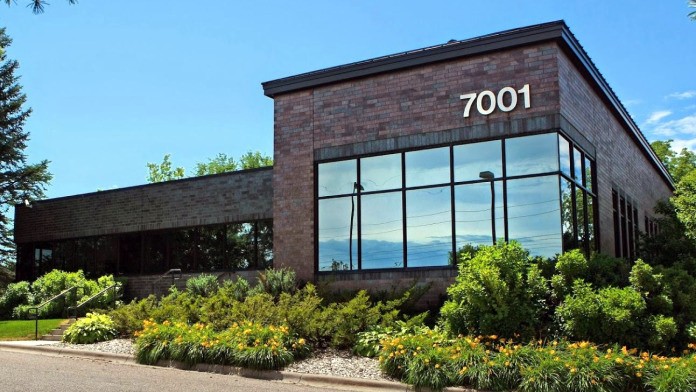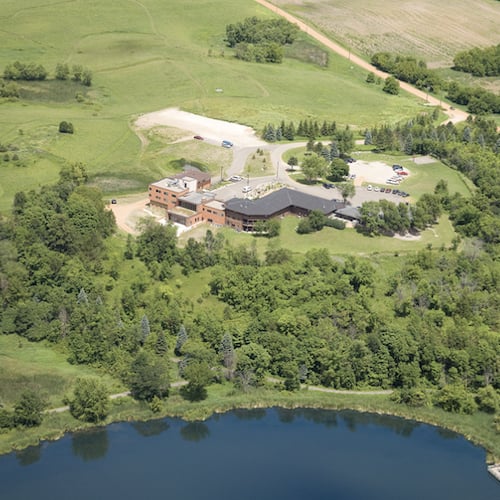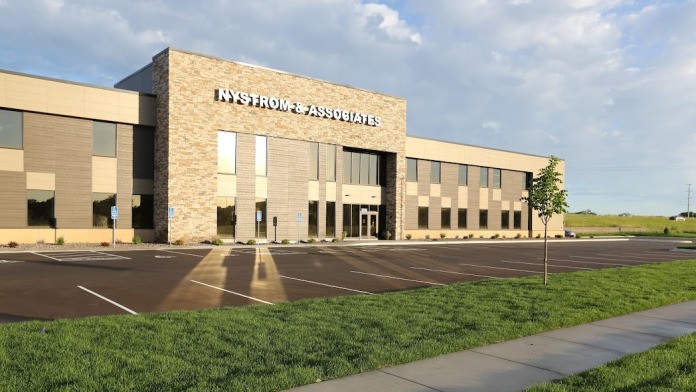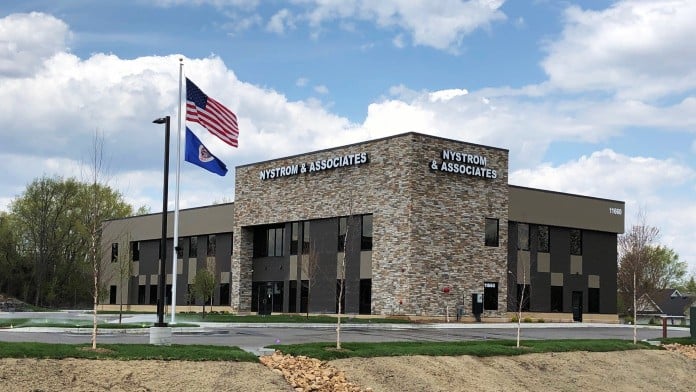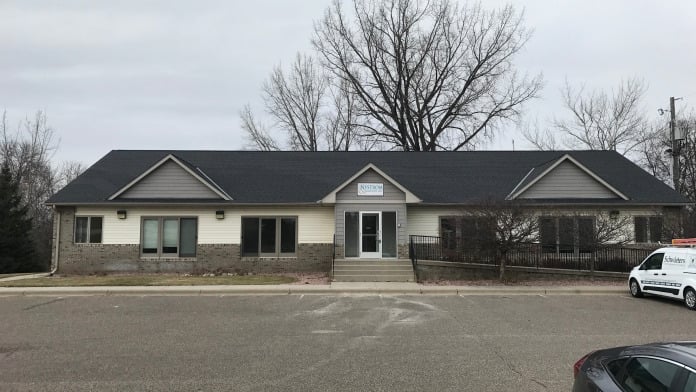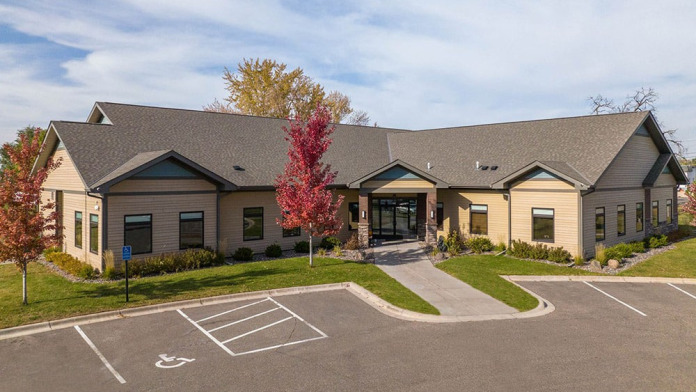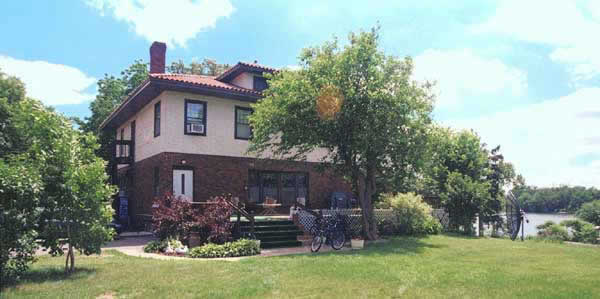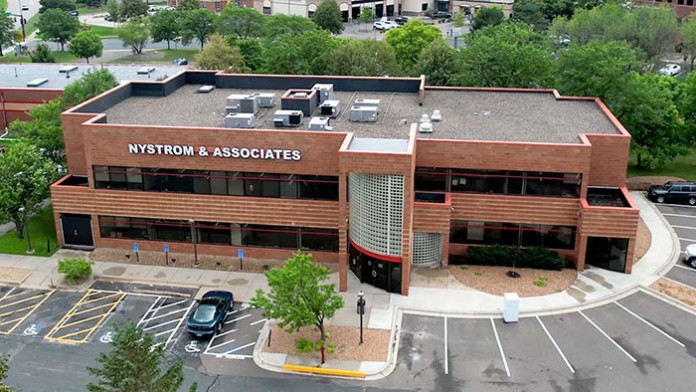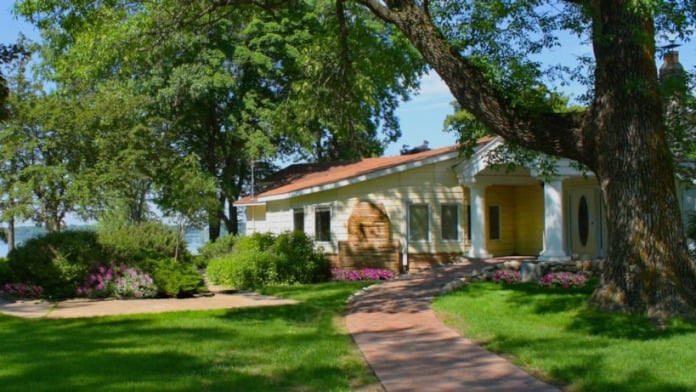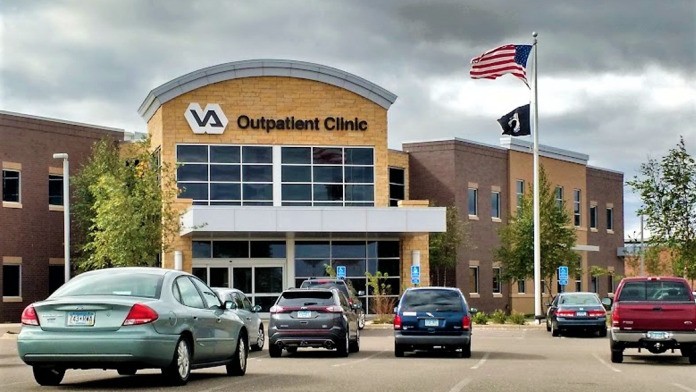If the director or his wife would stop taking things away because it's excessive. Maybe they would have better results. It's replacing one addiction for another. It gives them an outlet, and let's them work threw things. Is the people running this just in it for money?
About Prairie House Recovery Center
Prairie House Recovery Center provides substance abuse treatment and recovery services for female adolescents between 13-18 years old.
The Journey Begins Here
Prairie House Recovery Center is an 8-bed residential addiction treatment program for girls between the ages of 13-18 struggling with addiction and substance use disorders combining an intimate, homelike atmosphere with a focus on recovery from addiction and sober living in a structured, safe, and dynamic environment where girls can grow in self-esteem, emotional maturity, and recovery, without victimization or aggression.
Our goal is simple: to help as many adolescents as possible recover from addiction and realize their dreams by developing the necessary skills to contribute to family, community, and the world. We continue to be recognized as a “provider of choice” for effective and unique adolescent substance abuse recovery services.
The admission process begins with a phone call to our admission staff to determine eligibility for services. Our goal is to help families and teens in need as soon as possible.
Since insurance is one of the biggest barriers to treatment, we work with families to enroll their children in either private or public health insurance exchange plans prior to admission, or compete a Rule 25 assessment. Rule 25 funding pays for treatment costs but does not cover medical care, medical appointments, or medications. Prairie House Recovery Centers do not provide free medical care.
Our Adolescent Recovery Mission
Maple Lake Recovery Centers (and Prairie House Recovery Center) began in 1997 as a Minnesota non-profit treatment center created specifically to provide adolescents and their families a welcoming and comfortable environment to begin recovery from drug and alcohol addiction. Here, teens can live, grow, and learn essential principles, values, life skills and techniques for long-term future success.
Our goal remains firm: To help as many adolescents as possible recover from substance use disorders and realize their dreams by developing skills needed to contribute to their families, communities, and their world by living a meaningful, useful, and effective sober life. We continue to be recognized by our many partners as a special “provider of choice” of unique and effective adolescent and teen substance abuse recovery services.
A Message From Program Director Amie Youngdahl, BS, LADC
“As the Program Director of Maple Lake Recovery Centers & Prairie House Recovery Center, I am excited to provide our clients an opportunity to make positive changes and develop skills that will allow them to be successful in several life areas. We provide a structured and supportive environment that allows teens to not only develop recovery skills but also allows them to learn personal responsibility, improve relationships with family and gain confidence.”
Rehab Score
Accepted Insurance
Other Forms of Payment
Private insurance refers to any kind of healthcare coverage that isn't from the state or federal government. This includes individual and family plans offered by an employer or purchased from the Insurance Marketplace. Every plan will have different requirements and out of pocket costs so be sure to get the full details before you start treatment.
Self-pay involves paying for treatment out of your own pocket. You can use savings or credit, get a personal loan, or receive help from family and friends to fund your treatment. If you don't have insurance or your insurance plan doesn't cover a specific program, self-pay can help ensure you still get the care you need.
Financial aid can take many forms. Centers may have grants or scholarships available to clients who meet eligibility requirements. Programs that receive SAMHSA grants may have financial aid available for those who need treatment as well. Grants and scholarships can help you pai for treatment without having to repay.
Private insurance refers to any kind of healthcare coverage that isn't from the state or federal government. This includes individual and family plans offered by an employer or purchased from the Insurance Marketplace. Every plan will have different requirements and out of pocket costs so be sure to get the full details before you start treatment.
Addiction Treatments
Levels of Care
 Inpatient
Inpatient
 12-Step
12-Step
 Medically Assisted Detox
Medically Assisted Detox
Treatments
The goal of treatment for alcoholism is abstinence. Those with poor social support, poor motivation, or psychiatric disorders tend to relapse within a few years of treatment. For these people, success is measured by longer periods of abstinence, reduced use of alcohol, better health, and improved social functioning. Recovery and Maintenance are usually based on 12 step programs and AA meetings.
Drug addiction is defined as an inability to stop using drugs even though it causes negative consequences in your life. Drug rehab in Minnesota provides treatment for drug addiction in a variety of settings including inpatient treatment and outpatient treatment.
Many of those suffering from addiction also suffer from mental or emotional illnesses like schizophrenia, bipolar disorder, depression, or anxiety disorders. Rehab and other substance abuse facilities treating those with a dual diagnosis or co-occurring disorder administer psychiatric treatment to address the person's mental health issue in addition to drug and alcohol rehabilitation.
A combined mental health and substance abuse rehab has the staff and resources available to handle individuals with both mental health and substance abuse issues. It can be challenging to determine where a specific symptom stems from (a mental health issue or an issue related to substance abuse), so mental health and substance abuse professionals are helpful in detangling symptoms and keeping treatment on track.
Opioid rehabs specialize in supporting those recovering from opioid addiction. They treat those suffering from addiction to illegal opioids like heroin, as well as prescription drugs like oxycodone. These centers typically combine both physical as well as mental and emotional support to help stop addiction. Physical support often includes medical detox and subsequent medical support (including medication), and mental support includes in-depth therapy to address the underlying causes of addiction.
Substance abuse treatment programs in Minnesota are designed to support individuals to overcome addiction. These programs employ evidence-based therapies such as cognitive-behavioral therapy (CBT), dialectical behavior therapy (DBT), and eye movement desensitization and reprocessing (EMDR), together with individual and group therapy, and recovery meetings. With a variety of treatment options available, which typically include outpatient, inpatient, dual-diagnosis, and partial hospitalization, you'll be able to find a personalized treatment option that works for your individual needs.
Programs

Young Adult Program

Teen Program
Clinical Services
Cognitive Behavioral Therapy (CBT) is a therapy modality that focuses on the relationship between one's thoughts, feelings, and behaviors. It is used to establish and allow for healthy responses to thoughts and feelings (instead of unhealthy responses, like using drugs or alcohol). CBT has been proven effective for recovering addicts of all kinds, and is used to strengthen a patient's own self-awareness and ability to self-regulate. CBT allows individuals to monitor their own emotional state, become more adept at communicating with others, and manage stress without needing to engage in substance abuse.
Experiential therapy is a form of therapy in which clients are encouraged to surface and work through subconscious issues by engaging in real-time experiences. Experiential therapy departs from traditional talk therapy by involving the body, and having clients engage in activities, movements, and physical and emotional expression. This can involve role-play or using props (which can include other people). Experiential therapy can help people process trauma, memories, and emotion quickly, deeply, and in a lasting fashion, leading to substantial and impactful healing.
Research clearly demonstrates that recovery is far more successful and sustainable when loved ones like family members participate in rehab and substance abuse treatment. Genetic factors may be at play when it comes to drug and alcohol addiction, as well as mental health issues. Family dynamics often play a critical role in addiction triggers, and if properly educated, family members can be a strong source of support when it comes to rehabilitation.
Group therapy is any therapeutic work that happens in a group (not one-on-one). There are a number of different group therapy modalities, including support groups, experiential therapy, psycho-education, and more. Group therapy involves treatment as well as processing interaction between group members.
In individual therapy, a patient meets one-on-one with a trained psychologist or counselor. Therapy is a pivotal part of effective substance abuse treatment, as it often covers root causes of addiction, including challenges faced by the patient in their social, family, and work/school life.
Recreational therapy (aka therapeutic recreation) uses creative and fun activities to help with addiction recovery. Recreational therapists lead patients in entertaining and engaging activities like sports or games; art (drawing, painting, sculpture); drama, music, and dance; and/or community outings (field trips) to improve patients' physical, social, and emotional well-being.
When conducting motivational interviewing in Minnesota, the interviewer encourages clients to discuss their reasons for making changes and their need for change in their lives. The interviewer's role is to listen and reflect, to evoke conversation about commitment to change.
Amenities
-
Hiking
Accreditations

State Licenses are permits issued by government agencies that allow rehab organizations to conduct business legally within a certain geographical area. Typically, the kind of program a rehab facility offers, along with its physical location, determines which licenses are required to operate legally.
State License: Minnesota
Contact Information
305 Prairie Road
Monticello, MN 55362
